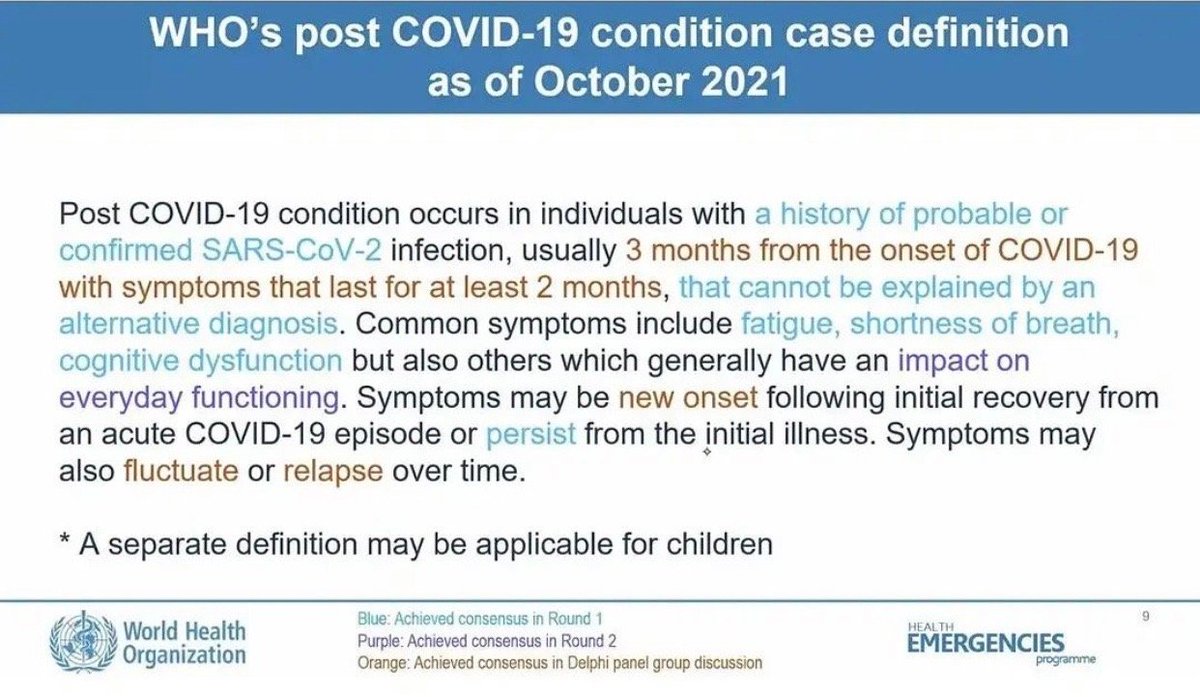
It's been a rough week of learning that the Covid info in the general public is way worse than I understood.
I didn't understand that doctors are *still* telling people they're 100% safe from transmission/transmitting if they're vaccinated, even if they're 8 months out from vax.
I didn't understand that doctors are *still* telling people they're 100% safe from transmission/transmitting if they're vaccinated, even if they're 8 months out from vax.
I didn't understand that people are sending their kids to school despite someone in the house having Covid.
I didn't understand the cognitive games & justifications people were using to go out with friends even if their partner is ill.
I didn't understand the cognitive games & justifications people were using to go out with friends even if their partner is ill.
I've reached a new level of hopelessness I didn't think was possible. The amount of information that needed to be communicated to the public like 4 months ago is just not happening, and people are taking advantage of that to be selfish.
And as always, the harm ends up on people way, way less privileged than the people taking these actions.
• • •
Missing some Tweet in this thread? You can try to
force a refresh








